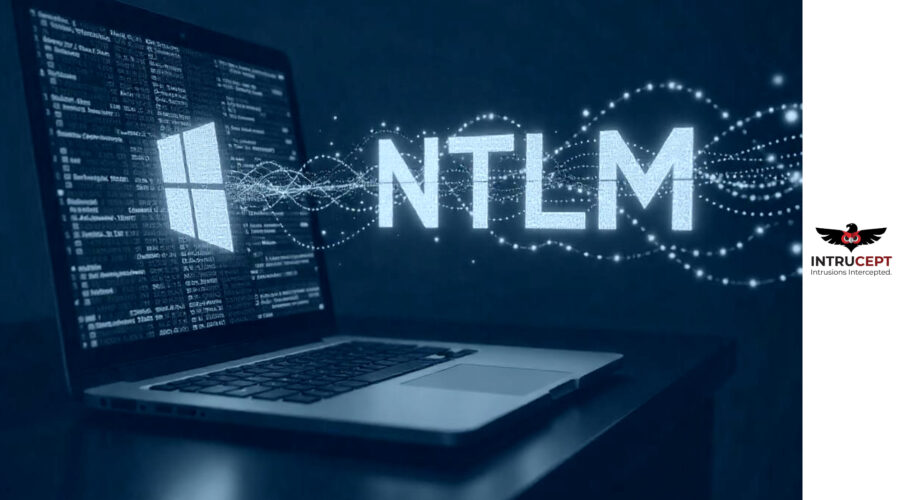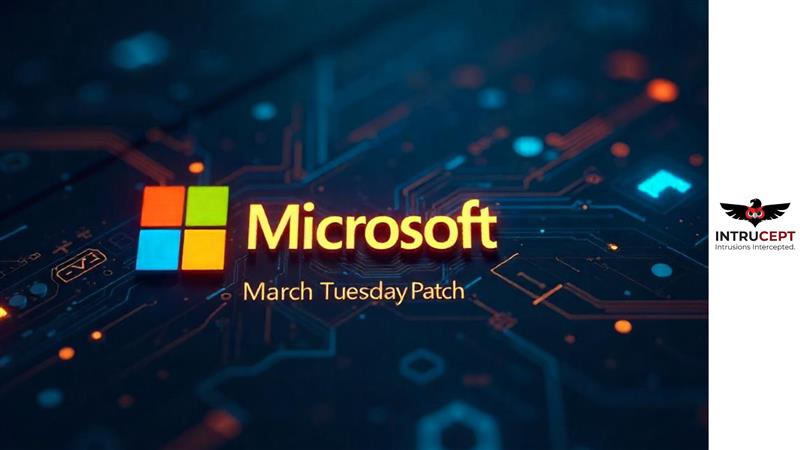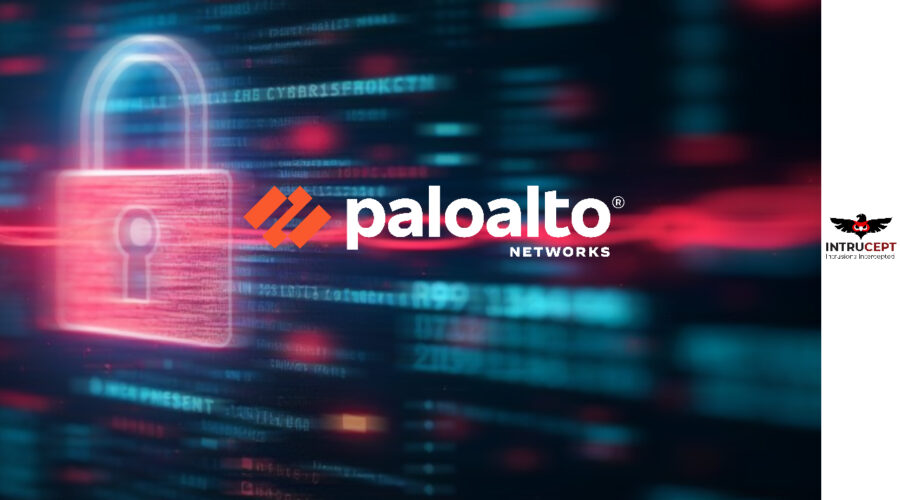Dell Releases Patches for Multiple PowerScale OneFS Security Vulnerabilities
Summary
Dell Technologies Security Advisory
| OEM | Dell |
| Severity | Critical |
| CVSS | 9.8 |
| CVEs | CVE-2025-27690, CVE-2025- 26330, CVE-2025-22471 |
| Exploited in Wild | No |
| Patch/Remediation Available | Yes |
| Advisory Version | 1.0 |
Overview
Dell Technologies has released security updates addressing multiple vulnerabilities of varying severity in its PowerScale OneFS operating system.
These vulnerabilities could be exploited by attackers to gain control of high-privilege accounts, bypass security mechanisms, or disrupt system functionality. Dell has issued patches for several of these issues, a summary of some key vulnerabilities is provided in the table below.
| Vulnerability Name | CVE ID | Product Affected | Severity |
| Default Password Vulnerability | CVE-2025-27690 | PowerScale OneFS | Critical |
| Incorrect Authorization Vulnerability | CVE-2025-26330 | PowerScale OneFS | High |
| Integer Overflow or Wraparound Vulnerability | CVE-2025-22471 | PowerScale OneFS | Medium |
Technical Summary
| CVE ID | System Affected | Vulnerability Details | Impact | Affected Version |
| CVE-2025-27690 | PowerScale OneFS | Dell PowerScale OneFS multiple versions contain a default password vulnerability where an unauthenticated remote attacker could potentially exploit this vulnerability, leading to the privilege escalation. | Gain Privileges or Assume Identity | Versions 9.5.0.0 through 9.10.1.0 |
| CVE-2025-26330 | PowerScale OneFS | Dell PowerScale OneFS multiple versions contain an incorrect authorization vulnerability where unauthenticated local attacker could potentially exploit this vulnerability to access the cluster with previous privileges of a disabled user account. | Unauthorized Access | Versions 9.4.0.0 through 9.10.0.1 |
| CVE-2025-22471 | PowerScale OneFS | Dell PowerScale OneFS multiple versions contain an integer overflow or wraparound vulnerability where an unauthenticated remote attacker exploits this which leads to denial of service. | Service unavailable | Versions 9.4.0.0 through 9.10.0.1 |
Remediation:
It has been recommended to upgrade to the following versions to address the security risks
| OneFS Version | Updated Version |
| 9.10.x.x | 9.10.1.1 |
| 9.9.x.x | 9.9.0.2 |
| 9.8.x.x | 9.8.0.3 |
| 9.7.x.x | 9.7.1.7 |
| 9.5.x.x | 9.5.1.3 |
Workaround for CVE-2025-27690
It’s always recommended to update to the latest version. If you’re unable to upgrade immediately, you can follow the workarounds provided by the vendor from here.
References:




